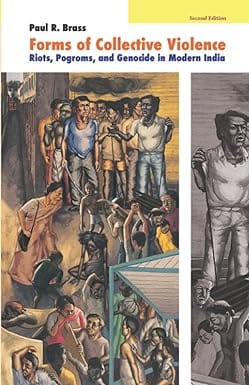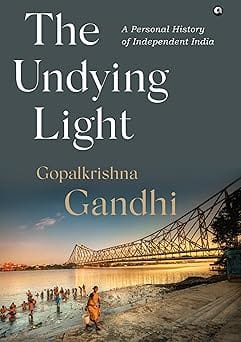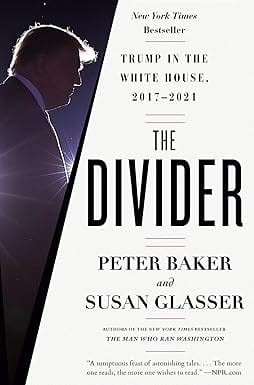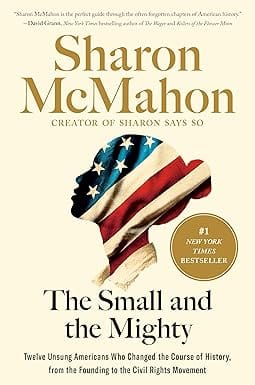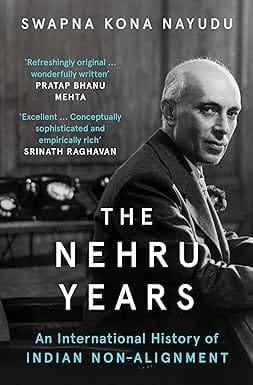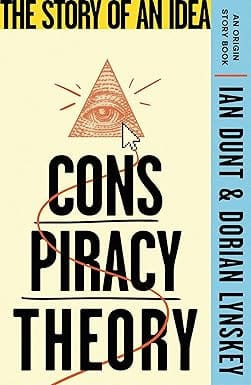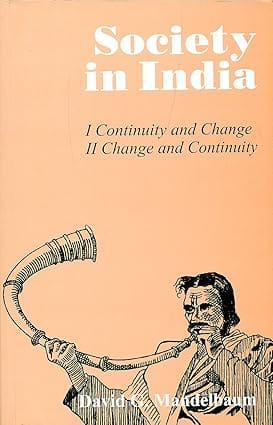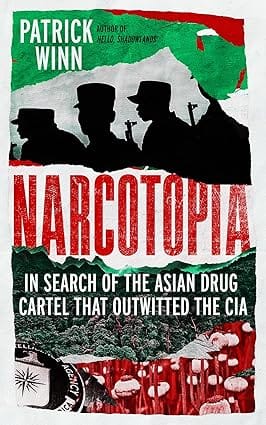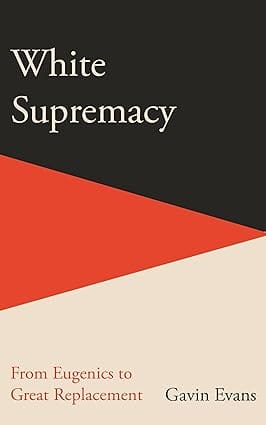WELCOME TO MIDLAND BOOK SHOP!
SHOP FOR
- Contemporary Fiction
- Contemporary Fiction
- Children
- Children
- Comics & Graphic Novels
- Comics & Graphic Novels
- Non-Fiction
- Non-Fiction
- Fiction
- Fiction
Shop No.20, Aurobindo Palace Market, Hauz Khas, Near Church +91 9818282497 | 011 26867121 110016 New Delhi IN
Midland The Book Shop ™
Shop No.20, Aurobindo Palace Market, Hauz Khas, Near Church +91 9818282497 | 011 26867121 New Delhi, IN
+919871604786 https://www.midlandbookshop.com/s/607fe93d7eafcac1f2c73ea4/677cda367903fd013d69b606/without-tag-line-480x480.png" [email protected]9788188789412 67ee825732ec9a401372cf02 Forms Of Collective Violence Riots, Pogroms And Genocide In Modern India https://www.midlandbookshop.com/s/607fe93d7eafcac1f2c73ea4/67ee825832ec9a401372cf0a/71z3fbx78nl-_sy385_.jpg 9788188789412
These essays focus on the various forms of collective violence that have occurred in India during the past six decades, which include riots, pogroms, and genocide. It is argued that these various forms of violence must be understood not as spontaneous outbreaks of passion, but as productions by organized groups. Moreover, it is also evident that government and its agents do not always act to control violence, but often engage in or permit gratuitous acts of violence against particular groups under the cover of the imperative of restoring order, peace, and tranquility. This has certainly been the case in numerous incidents of collective violence in India where curfew restrictions have been used for just such purposes. In this context, secularism constitutes a countervailing practice, and a set of values that are essential to maintain balance in a plural society where the organization of intergroup violence is endemic, persistent, and deadly.
in stockINR 600
1 1
Email ID already exists!
Your Current password is incorrect
Password Updated Successfully
Thanks for your Feedback
Forms Of Collective Violence Riots, Pogroms And Genocide In Modern India
ISBN: 9788188789412
₹600
₹750 (20% OFF)SIZE GUIDE
Sold By: Hauz Khas - Aurobindo Market
Details
- ISBN: 9788188789412
- Author: Paul R Brass
- Publisher: Three Essays Collective
- Pages: 228
- Format: Paperback
Book Description
These essays focus on the various forms of collective violence that have occurred in India during the past six decades, which include riots, pogroms, and genocide. It is argued that these various forms of violence must be understood not as spontaneous outbreaks of passion, but as productions by organized groups. Moreover, it is also evident that government and its agents do not always act to control violence, but often engage in or permit gratuitous acts of violence against particular groups under the cover of the imperative of restoring order, peace, and tranquility. This has certainly been the case in numerous incidents of collective violence in India where curfew restrictions have been used for just such purposes. In this context, secularism constitutes a countervailing practice, and a set of values that are essential to maintain balance in a plural society where the organization of intergroup violence is endemic, persistent, and deadly.
User reviews
NEWSLETTER
Subscribe to get Email Updates!
Thanks for subscribing.
Your response has been recorded.

India's Iconic & Independent Book Store offering a vast selection of books across a variety of genres Since 1978.
"We Believe In The Power of Books" Our mission is to make books accessible to everyone, and to cultivate a culture of reading and learning. We strive to provide a wide range of books, from classic literature, sci-fi and fantasy, to graphic novels, biographies and self-help books, so that everyone can find something to read.
Whether you’re looking for your next great read, a gift for someone special, or just browsing, Midland is here to make your book-buying experience easy and enjoyable.
We are shipping pan India and across the world.
For Bulk Order / Corporate Gifting
 +91 9818282497 |
+91 9818282497 |  [email protected]
[email protected]
Click To Know More
INFORMATION
QUICK LINKS
ADDRESS
Midland Book Shop - Hauz Khas
Shop No.20, Aurobindo Palace Market, Near Church, New Delhi
Shop No.20, Aurobindo Palace Market, Near Church, New Delhi

